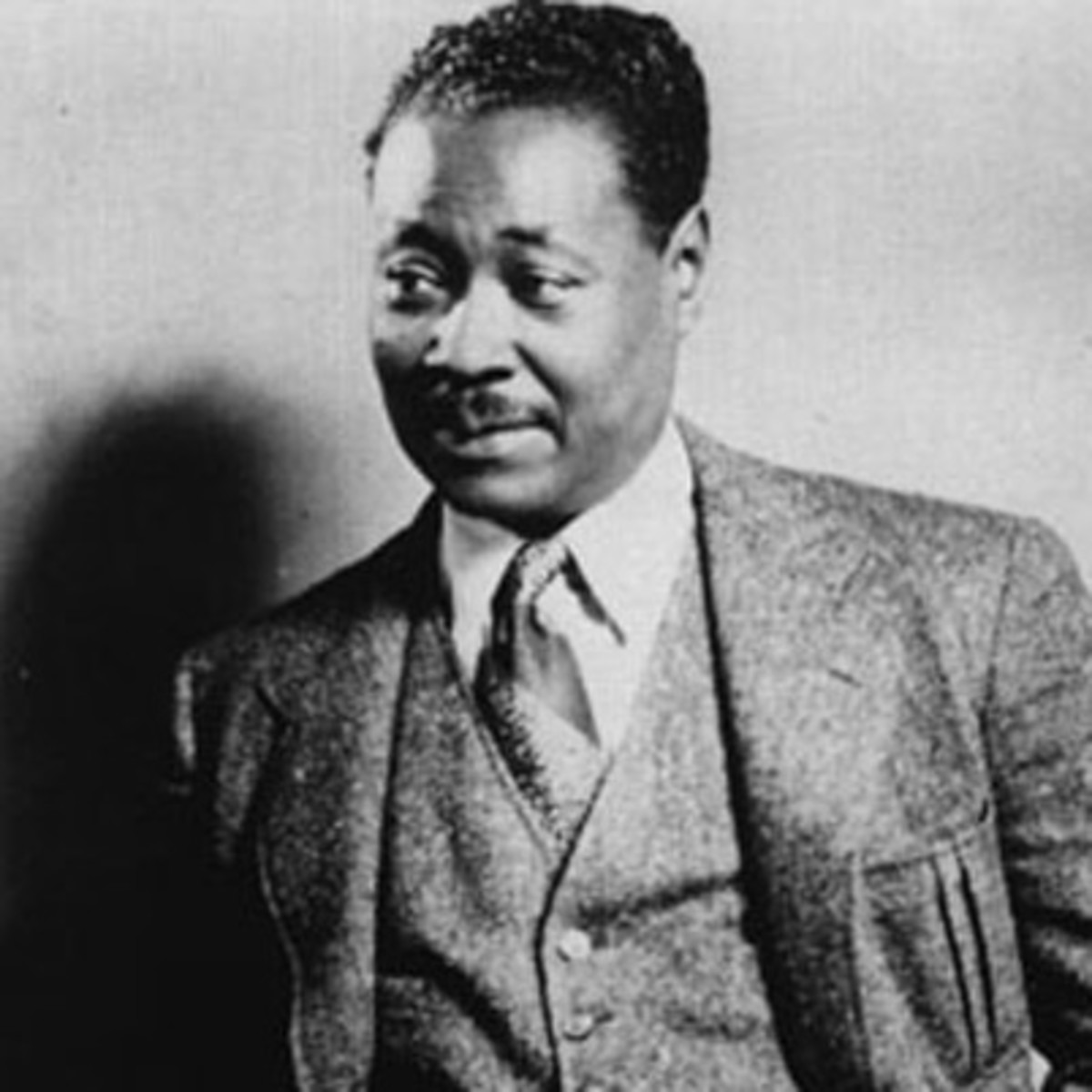If we must die, let it not be like hogs
Hunted and penned in an inglorious spot,
While round us bark the mad and hungry dogs,
Making their mock at our accursèd lot.
If we must die, O let us nobly die,
So that our precious blood may not be shed
In vain; then even the monsters we defy
Shall be constrained to honor us though dead!
O kinsmen! we must meet the common foe!
Though far outnumbered let us show us brave,
And for their thousand blows deal one death-blow!
What though before us lies the open grave?
Like men we’ll face the murderous, cowardly pack,
Pressed to the wall, dying, but fighting back!
Published:
1919
Length:
Shorty
Literary Movements:
Harlem Renaissance
Anthology Years:
2021
Themes:
Strength & Resilience
Violence & War
Literary Devices:
Apostrophe
an exclamatory passage in a speech or poem addressed to a person (typically one who is dead or absent) or thing (typically one that is personified)
End Rhyme
when a poem has lines ending with words that sound the same
Simile
a comparison between two unlike things using the words “like” or “as”

